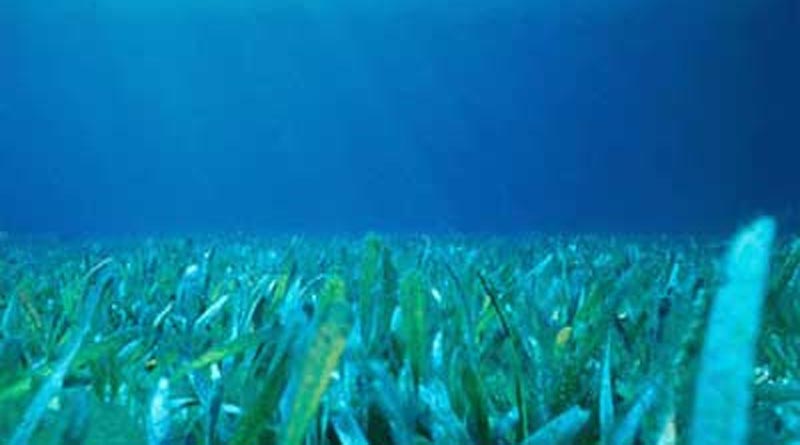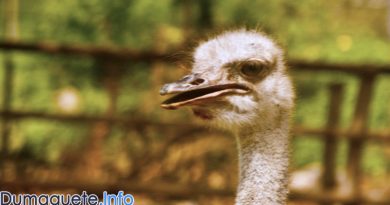Sea grass threats ecosystem
“Sea grass meadows are the most threatened ecosystems on earth,” announced Dr. Hilconida P. Calumpong of the Silliman University Institute of Environmental and Marine Sciences.
Dr. Calumpong, by the way, is one the 25 experts who wrote the First World Ocean Assessment Report that were approved by the United Nations last December.
Why Sea grass?
Since 1980’s the rate destruction of sea grass has occupied 110 square kilometers per year and one-third of all the sea grass areas recorded around the world in the 1870s have disappeared.
“All the forests we are cutting, all the soil goes down and cover our sea grass beds,” Calumpong said during a seminar held at Silliman last Feb. 29 and sponsored by the ASEAN Centre for Biodiversity and U.S. Embassy Manila, in cooperation with SU Research and Environmental News.
Pollution such as land and sea pollution anywhere (and everywhere) is also a threat as they cause harm on sea creature’s food intake and environment. Calumpong said sea grass loss is very bad because they provide essential goods and services. For example, they produce oxygen and absorb carbon dioxide.
“Heat can come in, but not out, because of carbon dioxide. If the carbon sink is reduced, more carbon dioxide in the atmosphere, more heating in the oceans, the climate becomes more and more extreme,” she said.
Without sea grass, coastal residents, Food Corporation and fishermen are going to lose their livelihood.
Calumpong also said that sea grass loss will affect populations of large marine animals that feed on them, such as manatees and green turtles which already have poor conservation status. Some 115 marine species that live on sea grass beds, including some invertebrates, fishes, sea turtles, and marine mammals are being listed as threatened by the International Union for the Conservation of Nature (IUCN).
Reefs and mangrove ecosystems will also be affected since many fish and invertebrate species found in coral reefs and mangroves have been reported to spend their juvenile stages in sea grass beds.
The marine botanist stressed that the ocean is a complex system that is interconnected, and that a wrong action done in one part of the ocean will affect the whole. She emphasized that integration management is needed not just to sustain sea grass meadows, but also to preserve other ecosystems.




